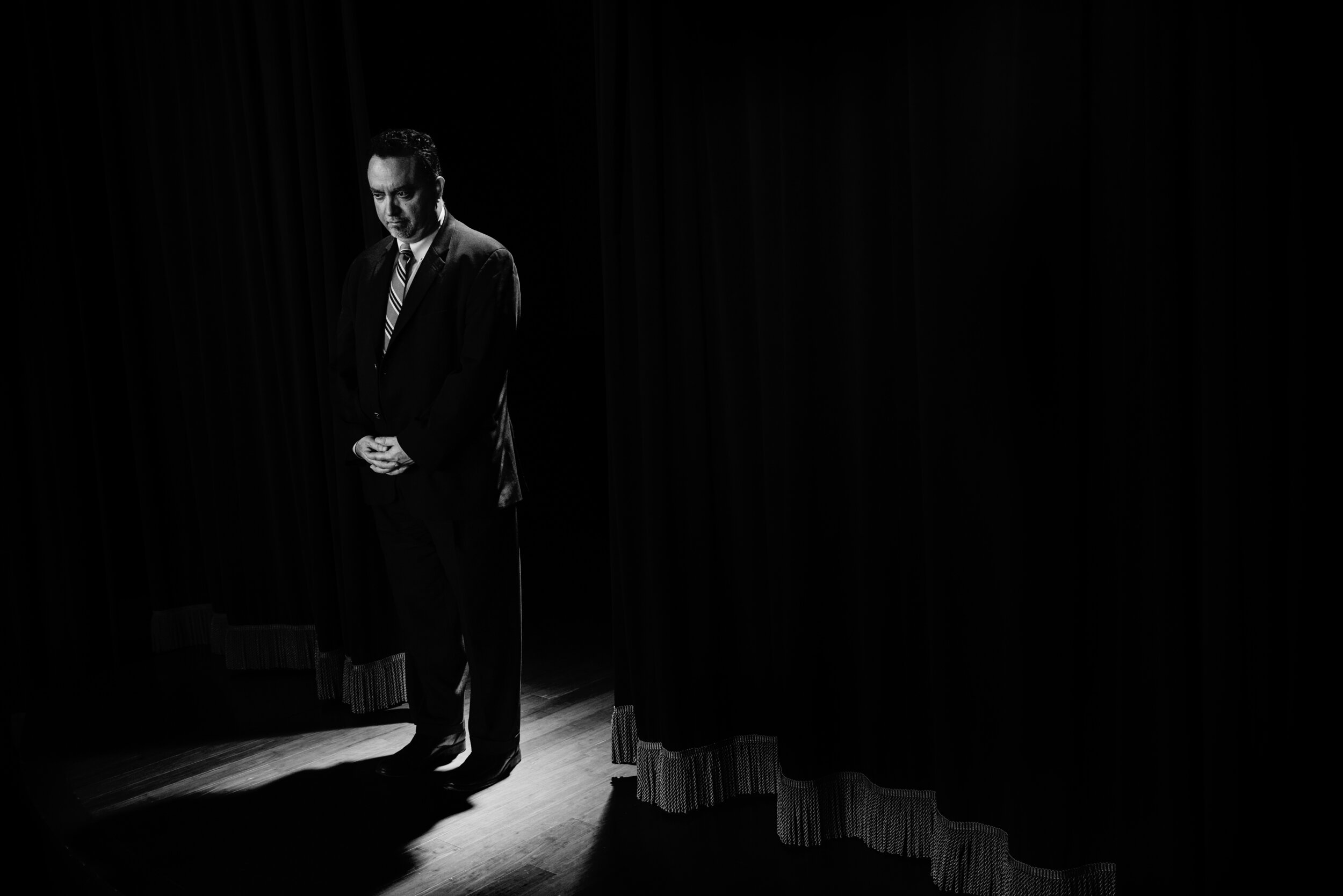Helen Dennis poses on stage at Busboys and Poets in Washington on April 12. Dennis, who has bipolar disorder, is a cast member in “This Is My Brave.” The testimonial production shares its name with an organization that seeks to end the stigma surrounding mental illness through live performances.
A growing community of people with mental illness are choosing to out themselves to the public. The effects of social media has helped to lift the stigma placed on the illness at an accelerated pace.
More and more people are feeling comfortable sharing their experiences and are finding acceptance when “coming out” about suffering from mental illness. Millions are using social media sites like twitter to talk about mental illness, encouraging other to feel safe to do the same.
Experts say it remains to be seen whether the outpouring that is contained largely to social media will translate into advocacy and less discrimination in daily life.
The stigma of mental illness is under attack by sufferers, who are coming out publicly and defiantly
-synopsis of Washington Post article written by Colby Itkowitz
Jennifer Marshall, who has bipolar disorder, displays a tattoo of the word “brave” while posing on stage at Busboys and Poets in Washington. Marshall is a founder of the organization This Is My Brave.















